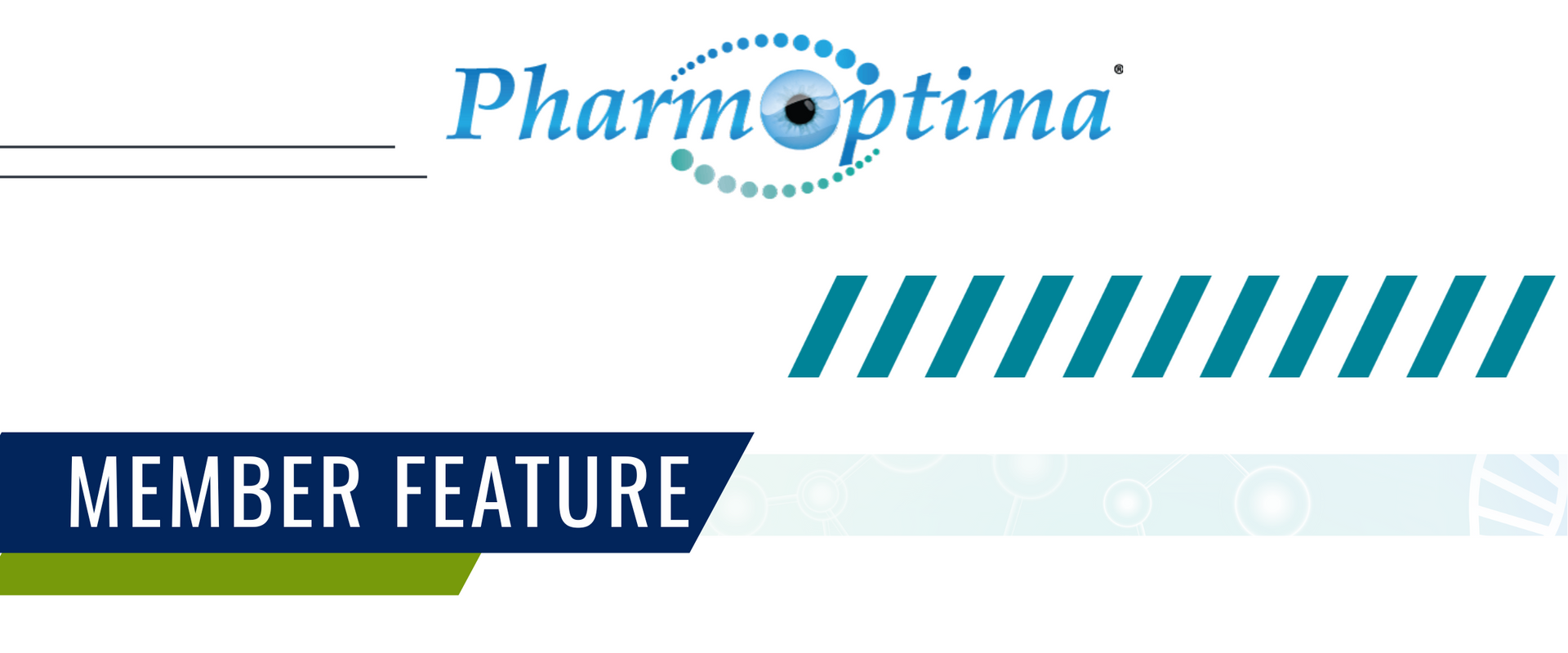TrialAssure Launches Anonymize 3.0 Technology for an Improved Data and Document Anonymization User Experience in Pharma and Beyond
Revolutionizing Data Privacy with ANONYMIZE 3.0
TrialAssure, a leading pharmaceutical technology provider advancing clinical trial disclosure, data sharing, and transparency, announced that its flagship product TrialAssure ANONYMIZE® 3.0 is now available. ANONYMIZE allows users across the pharmaceutical industry the ability to perform data, document, and image anonymization and redaction using machine learning (ML), natural language processing (NLP), and artificial intelligence (AI) to share information with confidence, knowing that patient and company confidential information are protected. In this latest version, ANONYMIZE 3.0 now includes the following:
- Enhanced user experience, with modernized design and intuitive navigation
- Centralized workbench structure for a comprehensive view of all projects and tasks in one location
- Updated rule structure for a streamlined and efficient and practical anonymization decision-making
- Extended support for additional types of documents, such as Microsoft Office documents and email
- Improved risk score visualization to track progress in mitigating re-identification risks
“This launch ushers in a new era in anonymization to the industry, one which combines advances in AI and deep industry knowledge to drive technological progress in the pharmaceutical industry,” Zach Weingarden, Director of Product Solutions at TrialAssure and AI technology expert. Weingarden added, “With the technical and visual improvements to ANONYMIZE, the most important information is now at the forefront and is easier to understand. As more regulation, like the EU CTR and CTIS, increases the focus on anonymization in pharma, TrialAssure will be equipped to provide the right options for pharmaceutical companies, vendors, and technology partners alike.” TrialAssure ANONYMIZE 3.0 now gives users the ability to anonymize more documents, including pre-existing PDF functionality and new document types, including emails and Microsoft Office documents (Word, Excel, and PowerPoint). For data, ANONYMIZE 3.0 supports SAS, XPT, Excel, and CSV file formats. Anonymization needs growing beyond pharma The need for anonymization extends far beyond the pharmaceutical industry into government, finance, legal, and numerous others. With this, TrialAssure is incorporating these significant ANONYMIZE 3.0 updates into its TRUSANO.AI platform, where non-pharma users can use state-of-the-art anonymization, redaction, and masking technology for protecting commercially confidential information (CCI) and personal protected data. “Data is today’s currency, and it needs to be protected in the proper fashion,” said James Green, Sr. Manager of Business Development, TrialAssure. “Fulfilling requests under the Freedom of Information Act (FOIA) is an ideal use case for TRUSANO.AI, as the technology can move to reduce backlog and enhance transparency in a fast, affordable manner.”
Users of ANONYMIZE and TRUSANO.AI are experiencing levels of time savings up to 80 percent, when compared to manual methods. Request a demo now at https://www.trialassure.com/software/anonymize/ or https://www.trusano.ai. About TrialAssure TrialAssure is an award-winning, global data transparency company with fast, affordable, and intelligent software and service solutions for the pharmaceutical industry and beyond. A leader in the use of artificial intelligence (AI) and machine learning (ML), TrialAssure built The Ultimate Transparency Suite® to meet compliance goals through data, document, and image anonymization, development of technical and non-technical content using generative AI, compliance tracking, and more. Established in 2009, TrialAssure’s global team has a proven track record in building strong technology that adapts to ever-changing data transparency requirements and was named Data Solution of the Year in the Data Breakthrough Awards. For more information, visit www.trialassure.com.
RECENT ARTICLES




